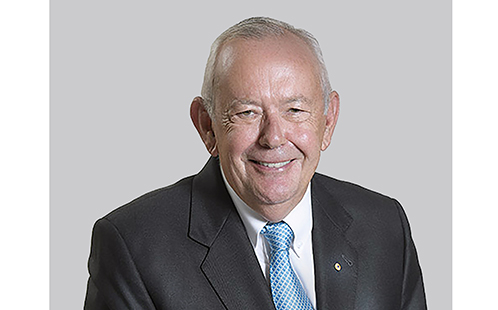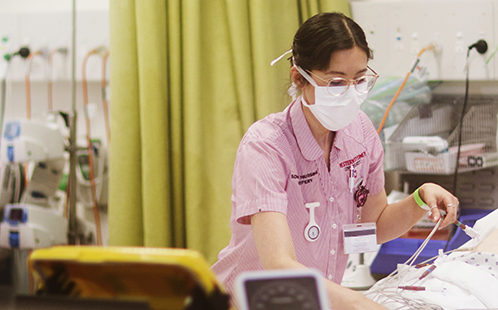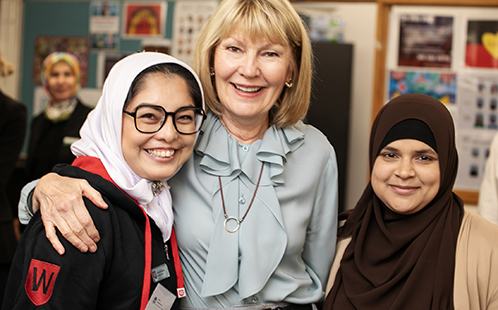Back to school anxiety for families with children affected by food allergy

For families who have children with food allergy, the transition to school after the summer holidays can be an extremely emotional experience. On the eve of the new school year, a University of Western Sydney pilot study into Starting School with Food has provided valuable insights into ways to address parental anxiety and improve the safety of children at school.
In the study, undertaken collaboratively with Allergy & Anaphylaxis Australia(opens in a new window), Campbelltown Hospital and Sydney Children's Hospital, Randwick, Dr Prathyusha Sanagavarapu from the UWS School of Education interviewed parents and young children affected by food allergy.
"Parents naturally tend to take responsibility for their young child's safety by watching what foods they eat, but when it's time to start school they simply can't be there all the time," says Dr Sanagavarapu.
"That's why it's imperative the schools, educators and even the children themselves assume some responsibility for safety at school in the absence of parental supervision."
Dr Sanagavarapu says while adolescents are generally capable of understanding the implications of food allergy, the study showed problems can arise when children accept their friends' assurances that certain foods are safe.
"Even though most children would never intentionally offer dangerous foods, children with food allergy have to be so careful every time they put food in their mouth," she says.
Dr Sanagavarapu says the recent pilot study showed children with food allergy readily accept the assurances of their young peers that shared food is safe to eat.
"It's crucial parents and teachers reinforce the simple message to not accept any food from their friends, and always stick to their own carefully prepared meals from home," she says.
Beyond the government-mandated strategies designed to keep children safe and provide emergency assistance when needed, Dr Sanagavarpu has some extra tips to ensure the school experience is as safe and as anxiety-free as possible:
- Children must know their food allergy and its symptoms, and always refuse food from others. If they start to feel unwell, children must have a rehearsed plan to quickly seek help from an adult or classmate
- Parents should proactively raise awareness of their child's food allergy with staff
- School staff should educate students and other parents, and share information on their food safety strategies
- Parents to leave medication including Epipen® or Anapen® with ASCIA Action for Anaphylaxis (completed by their doctor) with the child at school.
- Educators should seek to incorporate messages to not share or accept food, and raise awareness of allergy by reading stories and preparing other interactive activities, and encourage handwashing both before and after meals
- Educators to be trained in food allergy and discuss strategies on how to keep children safe with parents, especially during meal times, out of class activities and special events
"Parents can only feel confident to leave their children at school if they know their children understand their allergy, and that teachers are knowledgeable about food allergy and are able to handle any emergencies," she says.
"If parents have this confidence, the transition to school will be a safer, pleasant and even more enjoyable experience for everyone."
Ends
23 January 2015
Latest News

Western Sydney University receives transformational donation to support LGBTIQA+ community
Western Sydney University has welcomed a philanthropic donation from The Brennan Lynch Foundation.

Western Sydney University ranks among world’s best for 23 subjects
The University has been named as one of the world’s top universities for the study of 23 subjects in the latest edition of the QS World University Rankings by Subject, including being ranked in the top 50 for Nursing.

Western Sydney University receives landmark $7.9 million philanthropic gift from Harvey Norman to launch leadership academy, empowering young women in Western Sydney
Western has welcomed a landmark donation to establish the Harvey Norman® Young Women’s Leadership Academy Led by Katie Page.
Mobile options:

